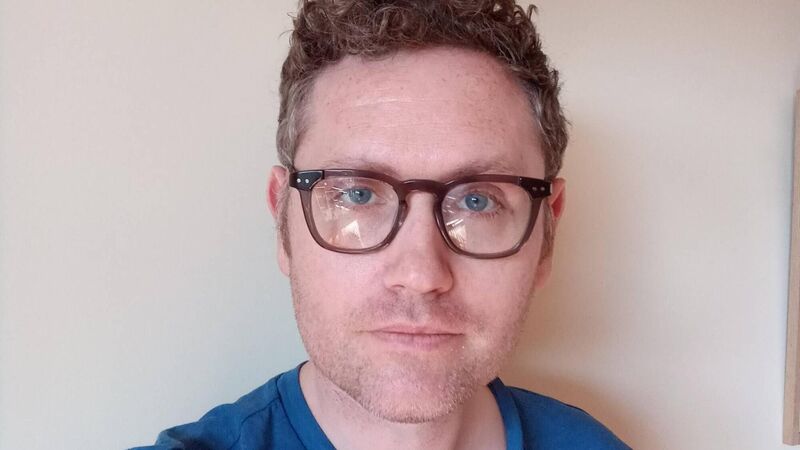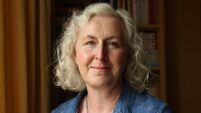Karl Whitney: Don’t believe everything that you hear about reading (and writing)

Writer Karl Whitney says that you can be your own best critic and first — or only — reader, so finish short things and build from there.
You hear an awful lot of bad advice about reading — and, for that matter, a lot of bad advice about writing too.
BOOKS & MORE
Check out our Books Hub where you will find the latest news, reviews, features, opinions and analysis on all things books from the Irish Examiner's team of specialist writers, columnists and contributors.







